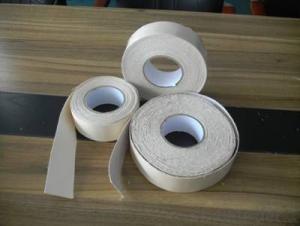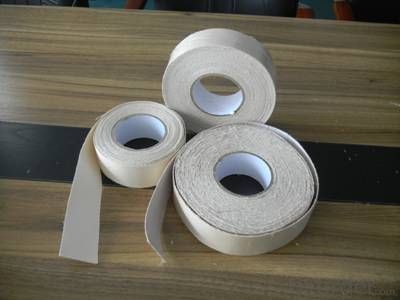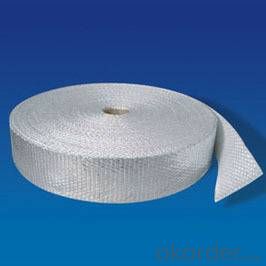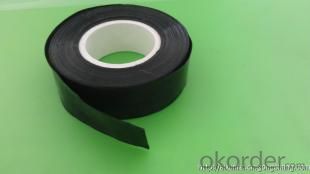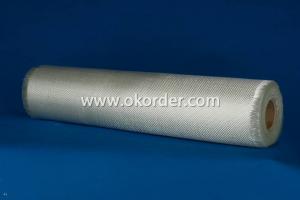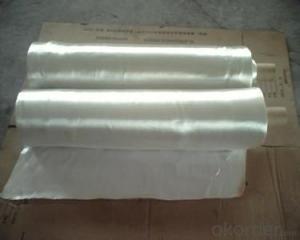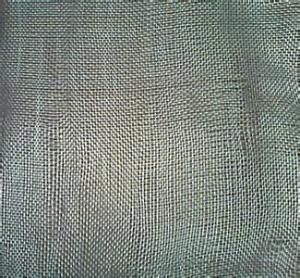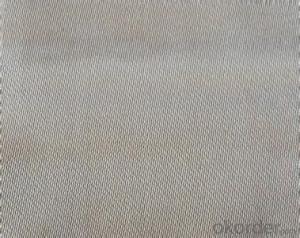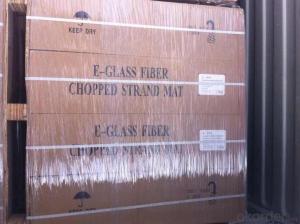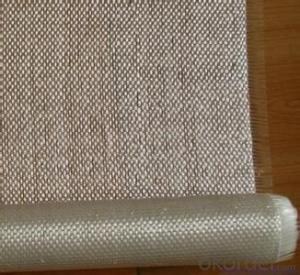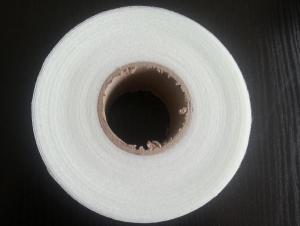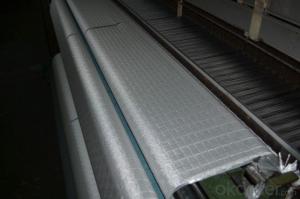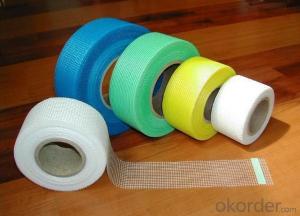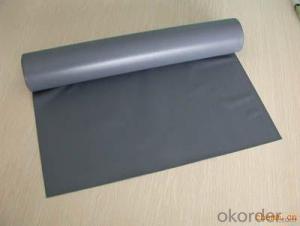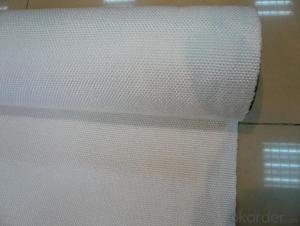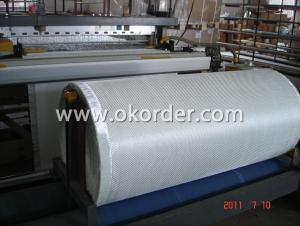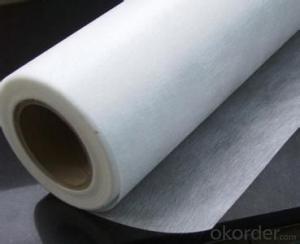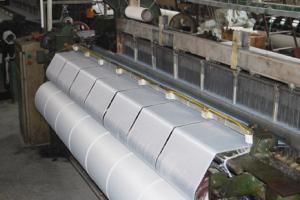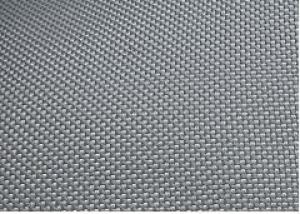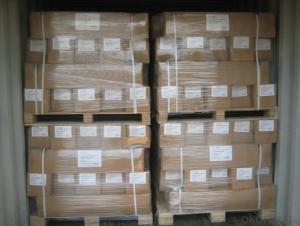High Silicone Fiberglass Fabrics Tape in Good Quality
- Loading Port:
- China Main Port
- Payment Terms:
- TT or LC
- Min Order Qty:
- 2000kg kg
- Supply Capability:
- -
OKorder Service Pledge
OKorder Financial Service
You Might Also Like
1Description :
.High silica tapes are made by slitting the high silica fabrics.They can be used at the temperature of 1000℃ without changing its properties。
This kind of tape can be wrapped up to special pipe and equipment much easier.
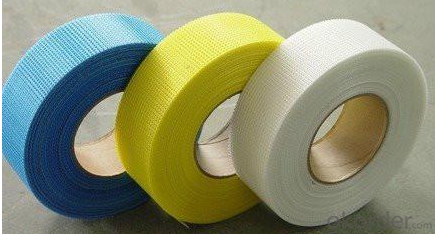
2.Specification:
Product name | Base Fabric | Sio2% | Working Temperature ℃ |
High Silica | HS-600 | ≥96% | 1000 |
Adhesive-slit | HS-100 | ≥96% | 1000 |
3Application:
Insulattion wrap for pipes,hoses and electrical cables heat gasket or seal.
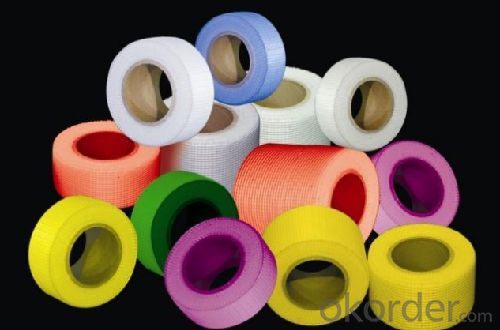
4.Package
Packed with cartons and pallets
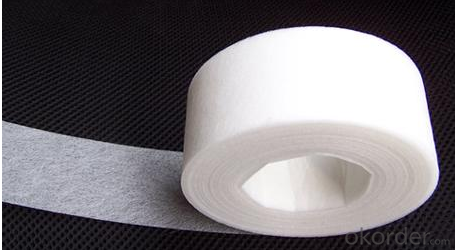
5.FAQ
1.What is the delivery time ?
15days after receiving the deposit
2.Are you a trading company or factory.
We are factory,and we have more than 10 years of experience.
- Q: What is the heat resistance of fiberglass fabric?
- The heat resistance of fiberglass fabric is quite high. It can withstand temperatures up to 1000 degrees Fahrenheit (537 degrees Celsius) without any significant damage or degradation. This makes it an excellent choice for applications that involve exposure to intense heat, such as welding blankets, insulation materials, and fire-resistant clothing. Additionally, fiberglass fabric has a low thermal conductivity, meaning it does not conduct heat well, providing an added layer of protection in high-temperature environments.
- Q: Can fiberglass fabric be used for acoustic insulation?
- Yes, fiberglass fabric can be used for acoustic insulation. Fiberglass fabric is known for its excellent sound-absorbing properties, making it an ideal material for acoustic insulation. It can effectively reduce noise by absorbing sound waves, preventing them from bouncing off hard surfaces and creating echoes or reverberations. Fiberglass fabric is commonly used in various applications such as wall panels, ceiling tiles, and acoustic curtains to improve sound quality and reduce unwanted noise in spaces such as theaters, recording studios, and offices. Additionally, fiberglass fabric is lightweight, durable, and easy to install, making it a popular choice for acoustic insulation solutions.
- Q: What are the different fiberglass fabric coatings for oil resistance?
- There are several different fiberglass fabric coatings that provide oil resistance. Some common options include silicone coatings, neoprene coatings, polyurethane coatings, and PTFE (Teflon) coatings. Each coating has its own unique properties and level of oil resistance, so the choice depends on the specific requirements of the application.
- Q: How does fiberglass fabric perform in terms of tensile strength?
- Fiberglass fabric has gained a reputation for its extraordinary tensile strength, positioning it as one of the most robust and durable materials on the market. By interweaving delicate glass fibers, a resilient and sturdy fabric is created, capable of enduring significant tension without breaking or stretching. The tensile strength of this fabric is typically measured in pounds per square inch (psi) or newtons per square meter (N/m2), consistently surpassing the strength of commonly utilized materials like cotton or polyester. This exceptional tensile strength renders fiberglass fabric suitable for a diverse range of applications, including construction, industry, automotive, and even aerospace. In summary, fiberglass fabric's remarkable performance in terms of tensile strength guarantees reliable and enduring solutions across various industries.
- Q: How does fiberglass fabric perform in terms of thermal conductivity?
- The exceptional thermal insulation properties of fiberglass fabric stem from its low thermal conductivity. Comprised of delicate glass fibers, this fabric effectively traps air pockets, which function as insulating barriers that hinder heat transfer. Consequently, fiberglass fabric has the ability to resist heat flow and sustain a consistent temperature, rendering it an optimal choice for various thermal insulation applications, such as construction, automotive, and the production of heat-resistant clothing. Furthermore, the fabric's low thermal conductivity also contributes to its fire resistance, as it does not readily conduct heat to ignite or propagate flames. All in all, fiberglass fabric exhibits excellent thermal conductivity performance, establishing it as a dependable and efficacious material for thermal insulation purposes.
- Q: How is fiberglass fabric used in the production of automotive body parts?
- Automotive body parts often incorporate fiberglass fabric due to its numerous advantageous properties. This material is both lightweight and strong, making it ideal for producing durable and efficient components. Car hoods, in particular, frequently utilize fiberglass fabric during manufacturing. Enthusiasts favor fiberglass hoods because they are significantly lighter than traditional metal hoods, reducing the overall weight of the vehicle. This weight reduction can lead to improved fuel efficiency and enhanced performance. Fiberglass fabric is also commonly employed in the production of fenders, spoilers, and other exterior body panels. These components must be lightweight yet sturdy enough to withstand road debris, impacts, and weather conditions. Fiberglass fabric provides the necessary strength and durability while also allowing for intricate design shapes and contours. Moreover, fiberglass fabric is used to fabricate interior automotive parts. It is frequently utilized in creating door panels, dashboard covers, and trim pieces. These components require a material that is both flexible and durable, and fiberglass fabric perfectly fits this criterion. It can be easily molded into various shapes and sizes, allowing for customization and achieving a sleek, modern aesthetic. During the manufacturing process, fiberglass fabric is typically combined with a resin matrix, such as polyester or epoxy, to create a composite material. The fabric is first impregnated with the resin, and then molded or pressed into the desired shape using heat and pressure. This process ensures the fiberglass fabric adheres well to the resin, resulting in a strong and rigid final product. In conclusion, fiberglass fabric plays a vital role in the production of automotive body parts. Its lightweight nature, strength, durability, and versatility make it an excellent choice for creating various exterior and interior components. By utilizing fiberglass fabric, automakers can achieve both performance enhancements and aesthetic appeal in their vehicles.
- Q: Is fiberglass fabric resistant to chemicals used in construction industry?
- Generally, chemicals commonly used in the construction industry do not affect fiberglass fabric. Fiberglass fabric is composed of woven glass fibers that possess natural resistance to numerous chemicals, including acids, alkalis, solvents, and oils. This resistance enables fiberglass fabric to be an excellent choice for insulation, reinforcement, and protective barriers in construction applications. However, it is crucial to acknowledge that the level of resistance may differ depending on the type and concentration of the chemical in question. Consequently, it is advisable to seek guidance from the manufacturer or supplier regarding the specific compatibility of fiberglass fabric with certain chemicals before incorporating it into construction projects.
- Q: Can fiberglass fabric be used for insulation in cryogenic systems?
- Yes, fiberglass fabric can be used for insulation in cryogenic systems.
- Q: Difference and characteristics of fluorine glue glass fiber cloth and three yuan ethylene propylene glass fiber cloth
- Fluorine rubber coated glass fiber cloth, its high temperature up to 300 degrees, while also has a certain resistance to chemical corrosion characteristics, as well as excellent weather resistance aging. Three yuan EPDM coated glass fiber cloth, the temperature at 160 degrees Celsius, the use of temperature is not higher than 160 degrees Celsius, is a good substitute for fluorine adhesive tape
- Q: How does fiberglass fabric handle oil and chemical spills?
- The exceptional resistance of fiberglass fabric to oil and chemical spills is well-known. Its non-absorbent quality makes it highly effective in dealing with these spills. Instead of penetrating or seeping through the material, oil and chemicals stay on the surface, making clean-up easy and preventing any potential contamination or damage to the underlying surface. Fiberglass fabric's inert and non-reactive properties ensure that it remains strong and durable, even when exposed to harsh substances. This makes it an ideal option for environments where oil and chemical spills are common, such as industrial plants, laboratories, or oil refineries. Furthermore, fiberglass fabric's resistance to corrosion allows it to withstand prolonged exposure to various chemicals without deteriorating or losing its structural integrity. This corrosion resistance further enhances its suitability for handling oil and chemical spills. Moreover, fiberglass fabric is often coated with a special finish or treated with a chemical-resistant coating to improve its resistance to oil and chemical spills. These coatings provide an extra layer of protection, preventing any potential damage or degradation of the fabric when it comes into contact with oils or chemicals. In conclusion, the non-absorbent nature of fiberglass fabric, along with its chemical inertness, corrosion resistance, and optional chemical-resistant coatings, make it highly effective in managing oil and chemical spills. Its ability to contain and repel these substances makes it a reliable choice for industries and settings where such spills are a concern.
Send your message to us
High Silicone Fiberglass Fabrics Tape in Good Quality
- Loading Port:
- China Main Port
- Payment Terms:
- TT or LC
- Min Order Qty:
- 2000kg kg
- Supply Capability:
- -
OKorder Service Pledge
OKorder Financial Service
Similar products
Hot products
Hot Searches
Related keywords
